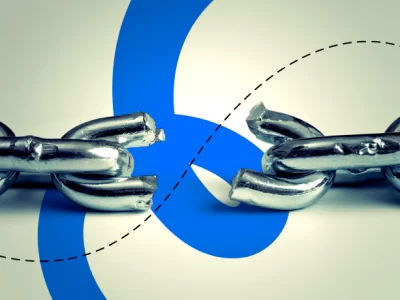Websites are the backbone of any modern-day business. Of the 5.6 million UK businesses, you can expect most of them to have a website. Websites display key information about their services, sell products and provide extra information about the brand.
Having a good website from a design and user perspective is no doubt important, but getting people onto that website in the first place often comes down to how good your search engine optimisation is (SEO). This refers to how high up the “natural” Google search rankings your website appears. The higher it is, the more visits to your website you’re likely to have. This will improve your overall sales and profitability.
Many factors contribute to SEO and businesses will spend an average of £394.75 a day paying a digital marketing agency to clean up their website. These factors include keyword optimisation, mobile-friendliness, backlinks to your website and many others.
One of the factors Google has placed more emphasis on over the last few years, however, is page speed. Within this article, we will aim to inform and educate you on the importance of page speed and how it can be improved.
What is page speed?
When testing the quality of a website, it’s important to review the existing webpages. This should include key technical elements of the page, including the speed of it. Page speed is all about how quickly a web page loads and if it isn’t fast, problems may arise from both a user and search engine optimisation perspective.
Page speed is a result of many contributing factors. These include the website’s server, page file size and image compression, all of which can be improved by a team of experts.
Why does it matter?
Page speed is a contributing factor to a webpage’s overall SEO. If it is slow then it can have a negative effect which can result in a lower ranking on Google. When this happens, your website can receive fewer clicks. This can in turn, reduce the number of purchases made on the website.
From a user perspective, slow websites can be frustrating to use which may mean people click off the website and look at one of your competitors instead. A good target to aim for is a load time of one to two seconds.
How can you speed your website up?
When you take the following steps, you’ll potentially be able to speed up your website rapidly – which should be great for user experience and SEO:
- Run a technical SEO audit
- Enable file compression
- Reduce redirects
- Improve server response time
- Optimise images
- Focus on really slow-loading pages









